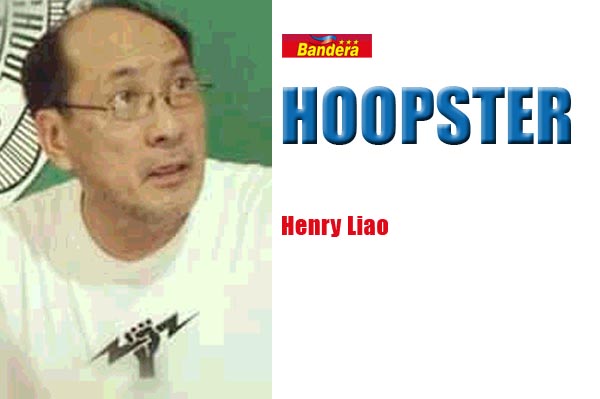
REELING off from a 108-62 defeat to Italy in its opening game at the 18th FIBA World Cup in China, the Philippines looked to go down with another spanking from medal contender Serbia last night, relegating the Filipinos to the Classification Round for 17th to 32nd places in the quadrennial competitions.
Our boys will face African power Angola on Wednesday, September 4. A victory over the Angolans will be worth twice as much as the game’s result will be carried over to the Classification Round.
It may be more than half a century ago, but not one Asian team — including powerhouses People’s Republic of China and the Islamic Republic of Iran — can boast what the Philippines has done in the 69-year history of the quadrennial FIBA Basketball World Cup, which was previously known as the World Basketball Championship from 1950 to 2010 before evolving to its current designation in 2014 in Spain.
There are 16 countries that have reached a podium finish (gold, silver or bronze) in FIBA World Cup history.
They are: 1-United States (5-3-4=12), 2-Yugoslavia (5-3-2=10 – No Longer Exists), 3-Soviet Union (3-3-2=8 – NLE), 4-Brazil (2-2-2=6), 5-Argentina (1-1-0=2), 6-Spain (1-0-0=1), 7-Russia (0-2-0=2), 8-Greece (0-1-0=1), 9-Serbia (0-1-0=1), 10-Turkey (0-1-0=1), 11-Chile (0-0-2=2), 12-Croatia (0-0-1=1), 13-France (0-0-1=1 – won the bronze during the 2014 edition), 14-Germany (0-0-1=1), 15-Lithuania (0-0-1=1) and …….. 16-Philippines (0-0-1=1).
Among the Asian countries, only the Philippines has ever won a medal. It came in 1954 during the 2nd World Basketball Championship in Rio de Janeiro, Brazil behind the GOAT in local cage history Carlos (The Big Difference) Loyzaga (tournament’s third-best 16.4-point average), team skipper Lauro (The Fox) Mumar (9.3 ppg) and the elongated Mariano Tolentino (9.1 ppg).
The Filipinos finished with a 6-3 overall record (including 1-1 in the preliminary round) in the 12-nation competitions and officially clinched the bronze medal with a 66-60 victory over France in their penultimate assignment in the final round, where all eight teams played against each other on a round-robin basis without any playoffs.
The 6-foot-3 Loyzaga notched 20 points against the fourth-ranked French.
In PH’s final appearance, Loyzaga exploded for 33 markers as the country whipped sixth-place Uruguay, 67-63, despite the absence of head coach Herminio Silva, who called in sick that day.
Other members of that celebrated 1954 medal-winning squad are Antonio Genato, Napoleon Flores, Francisco Rabat, Florentino Bautista Jr., Rafael Barretto, Benjamin Francisco, Ponciano Saldana, Bayani Amador and Ramon Manulat.
Loyzaga also was on the 1959 Philippine team that placed eighth in the WBC tournament in Santiago, Chile and posted a 4-2 ledger.
Overall in FIBA World Cup/World Basketball Championship history, the Philippines, going into the ongoing edition, owned a 13-22 record for a .371 winning percentage. A testament to legendary cage great Loyzaga’s greatness was his 10-5 record in two stints in the quadrennial competitions (bronze medal-winning 6-3 record in 1954 in Rio de Janeiro, Brazil and an eighth-place finish with a 4-2 card in 1959 in Santiago, Chile).
Chinese-Taipei, which failed to qualify for the 2019 World Cup in China, has the best winning mark, percentage-wise at .389 (7-11). The Taiwanese also own the best tournament finish after the Philippines among Asian countries, winding up fourth in the 1959 edition in Santiago, Chile carrying the colors of Formosa.
China has played the most games at 58 but is only 15-43 with a .259 winning clip and the Mainlanders have yet to advance past the Round of 16 in any of their tournament participation.
Other win-loss records of Asian countries in the FIBA World Cup pale in comparison as South Korea is 8-37 (.178) in 45 games, Japan is 5-19 (.208) in 24 assignments and Iran is 2-8 (.200) in 10 outings. All three countries have never made it past the preliminary round.
Disclaimer: The comments uploaded on this site do not necessarily represent or reflect the views of management and owner of Bandera. We reserve the right to exclude comments that we deem to be inconsistent with our editorial standards.


